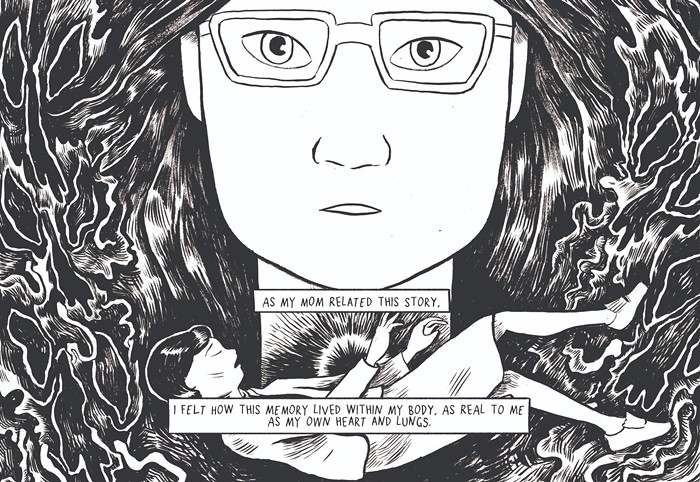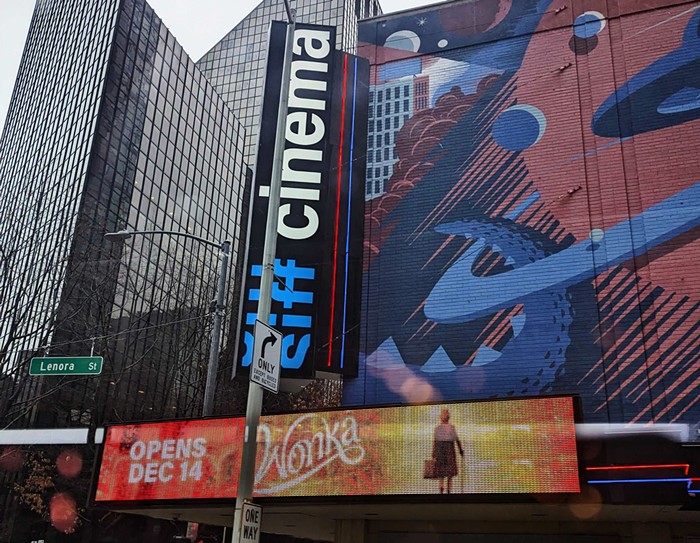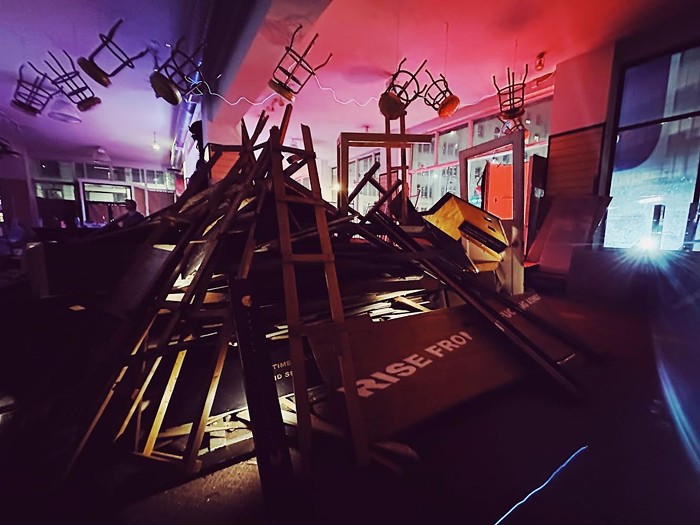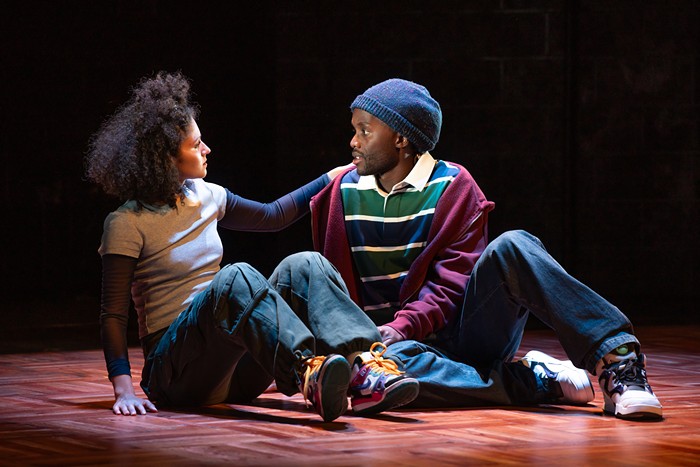
Here is what must happen some day. An orchestra performs the original six pieces (and just these pieces) of what must be Sebastian Bach's most popular work, the Brandenburg Concertos, in a space set up for a rock show rather than for a sleepy classical production. This, I think, would capture the true spirt of the six instrumentals, which were composed around 1720 but not appreciated by their period, the Baroque era.
Bach wrote them for Christian Ludwig, Margrave of Brandenburg-Schwedt, who accepted them but did nothing with them due to a total lack of interest. As a result, the work was ignored until 1849, when it was rediscovered as material dusted by the aristocrat. And at the moment, an idea of the work's brilliance was immediately recognized. But even then, the middle of the 19th Century, it was not ready for the audience it really deserved.
I'm of the opinion that the music would not have been forgotten for over a century if Bach's patron had realized it was written for a rock show—and, to be fair, how was he supposed to know this? Even the best musical mind in Brandenburg and Prussia couldn't tell Ludwig (a military officer) that you're supposed to get up and get down to this music. Sitting to it will not do.
Now, I understand that those who are very good readers of music have what's known (somewhat mysteriously) as an inner ear. They can hear the notes written on a piece of paper as if they were alive. In a sense, this ability is the ancestor of the Walkman of the 1980s and the earbuds of our day. Music in the head. Music only you hear. Music between the ears. But the music we hear in this way also has the dancer locked in the same head. And that dancer must remain there, because dancing to music in your head (dancing to music no one else hears) has the same social stigma as reading with your lips moving. The social context of the music in your head is found in listening to live music in seats. But dancing must be recognized as the final and first meaning of music. It has no other purpose but to move the body. Pop music does nothing but exploit this fact at every opportunity.
The manuscript Christian Ludwig, Margrave of Brandenburg-Schwedt received from Bach in 1721 was not just for dancing. It was for rocking out. Indeed, my father and I were convinced that Bach was familiar with black music; we, big fans of this German composer, could only hear in the Concertos a get-out-of-your-seat intensity. And so, it's baffling, when you think of it, when you see that we, to this day, have not made a rock extravaganza of this work. In this ideal situation, the orchestra must also get off their seats and jam the violin and horns.
Seattle Baroque Orchestra plays just the Six Brandenburg Concertos on Sunday, May 22 at 7:30 pm at Town Hall.



















